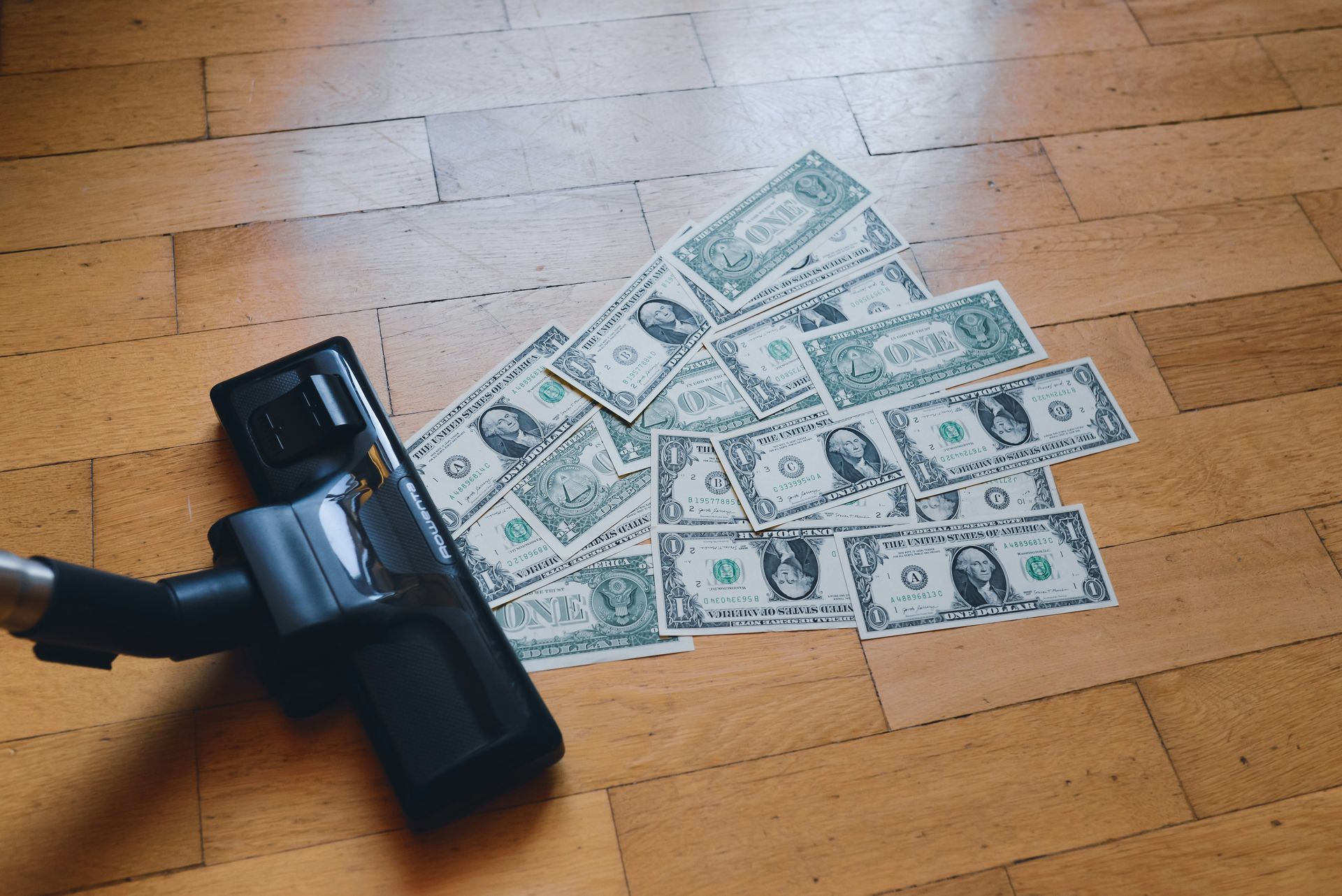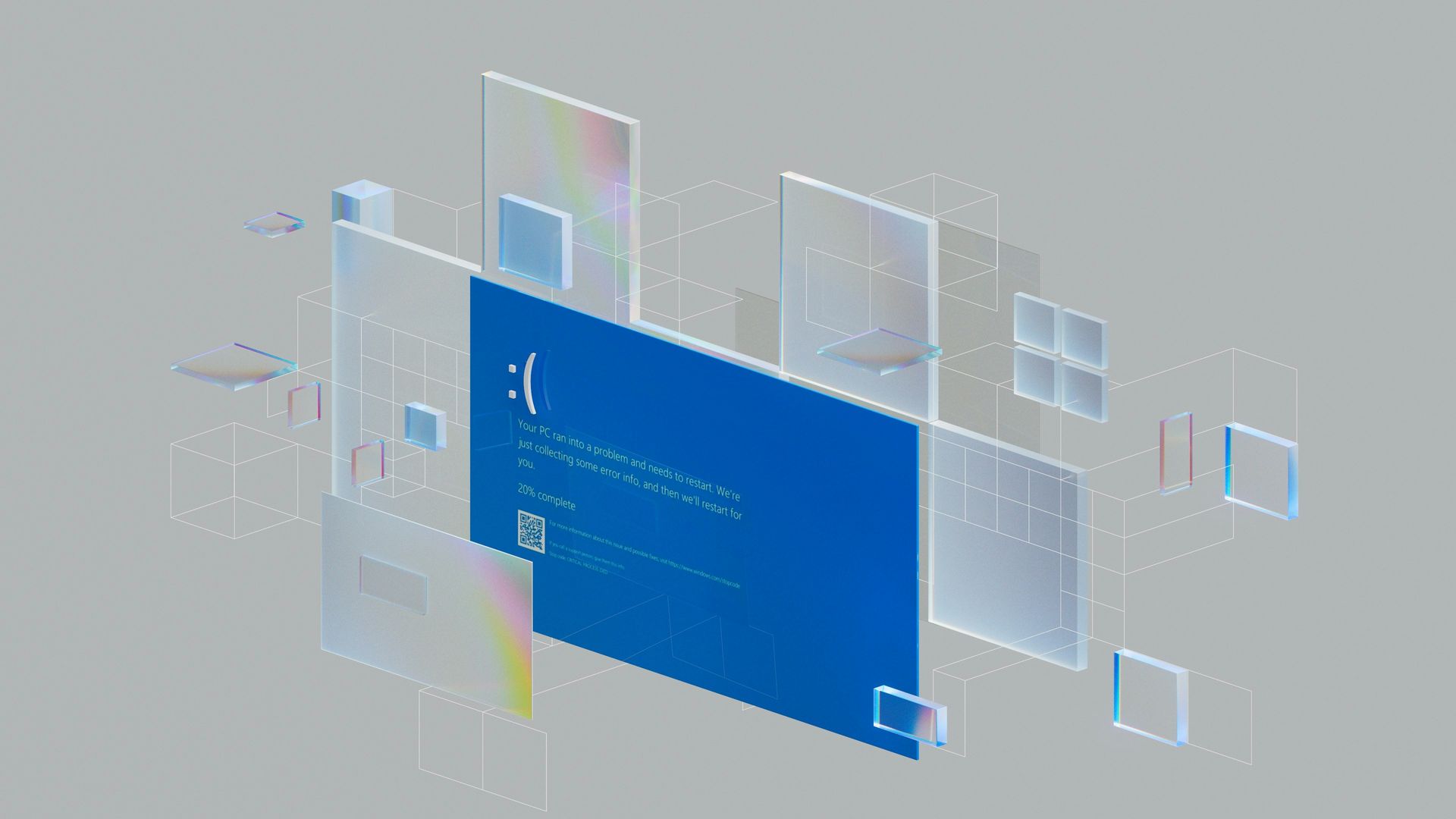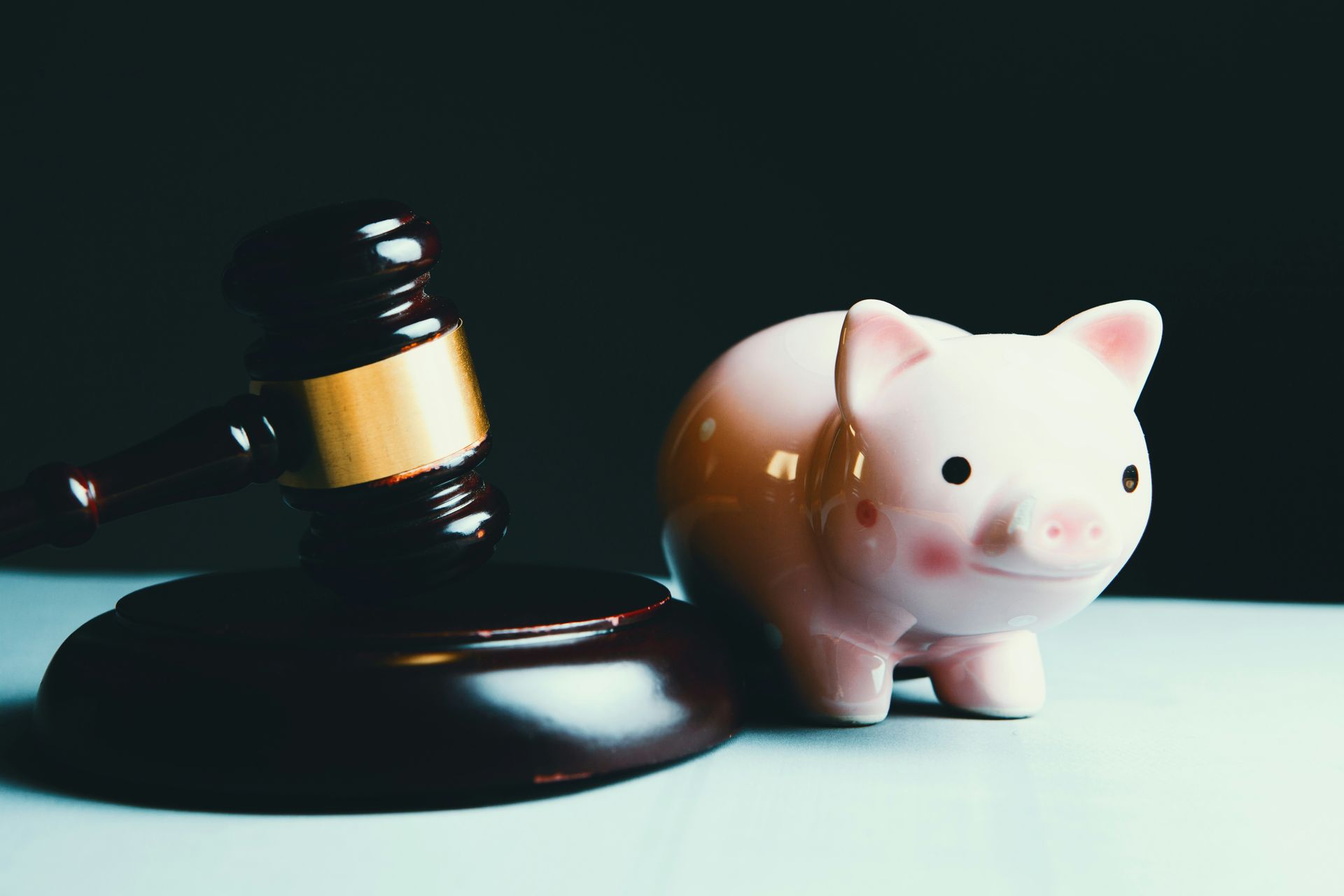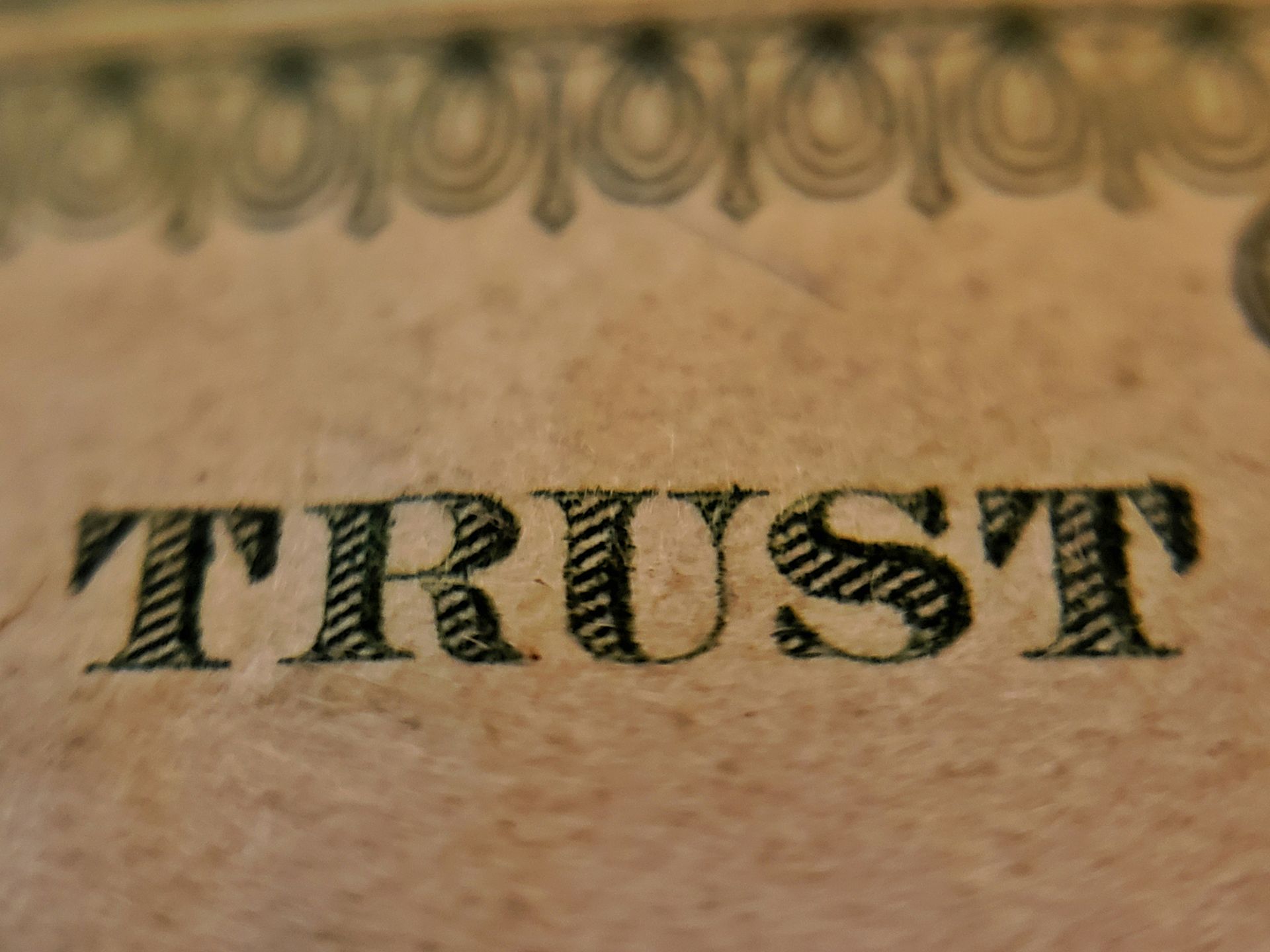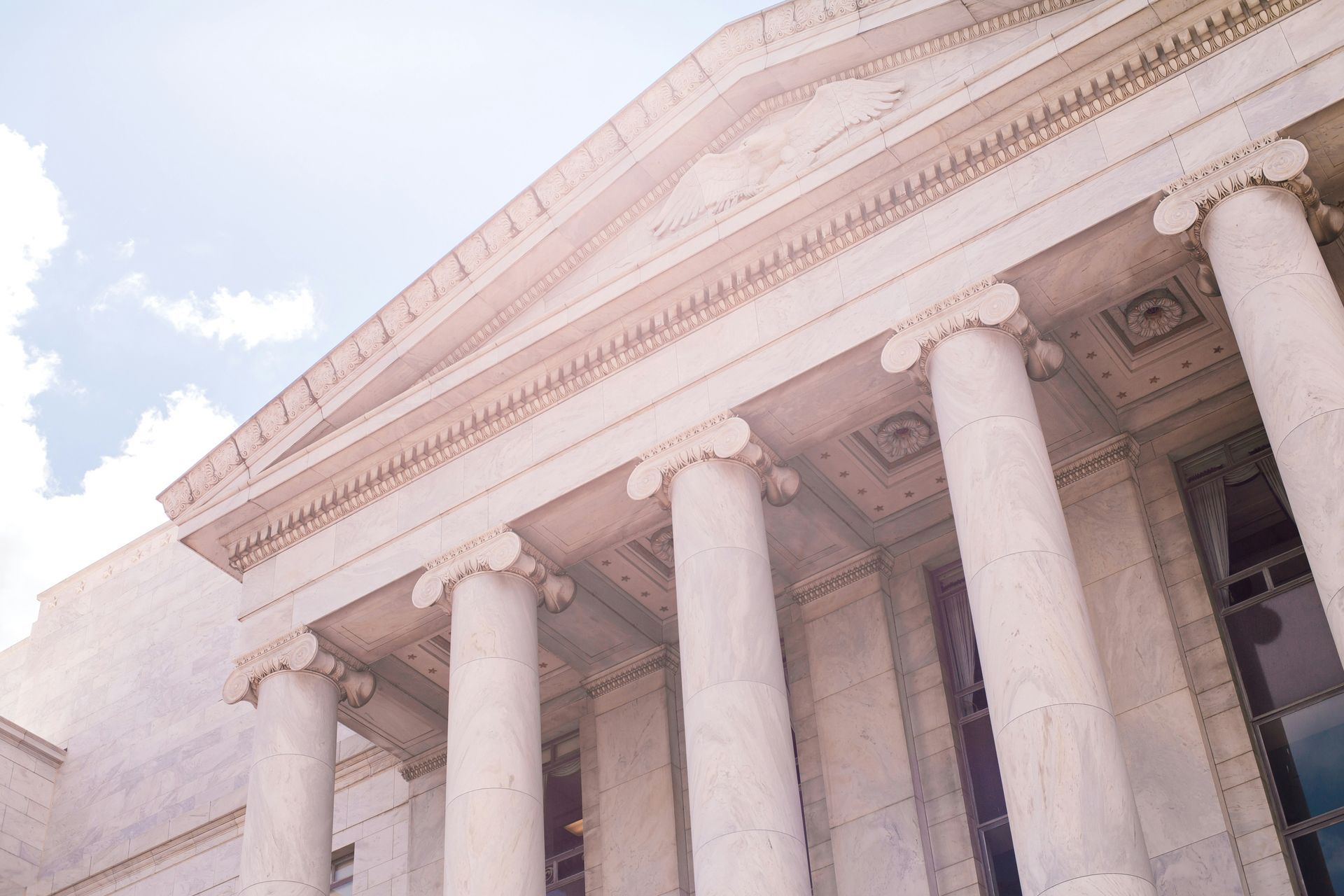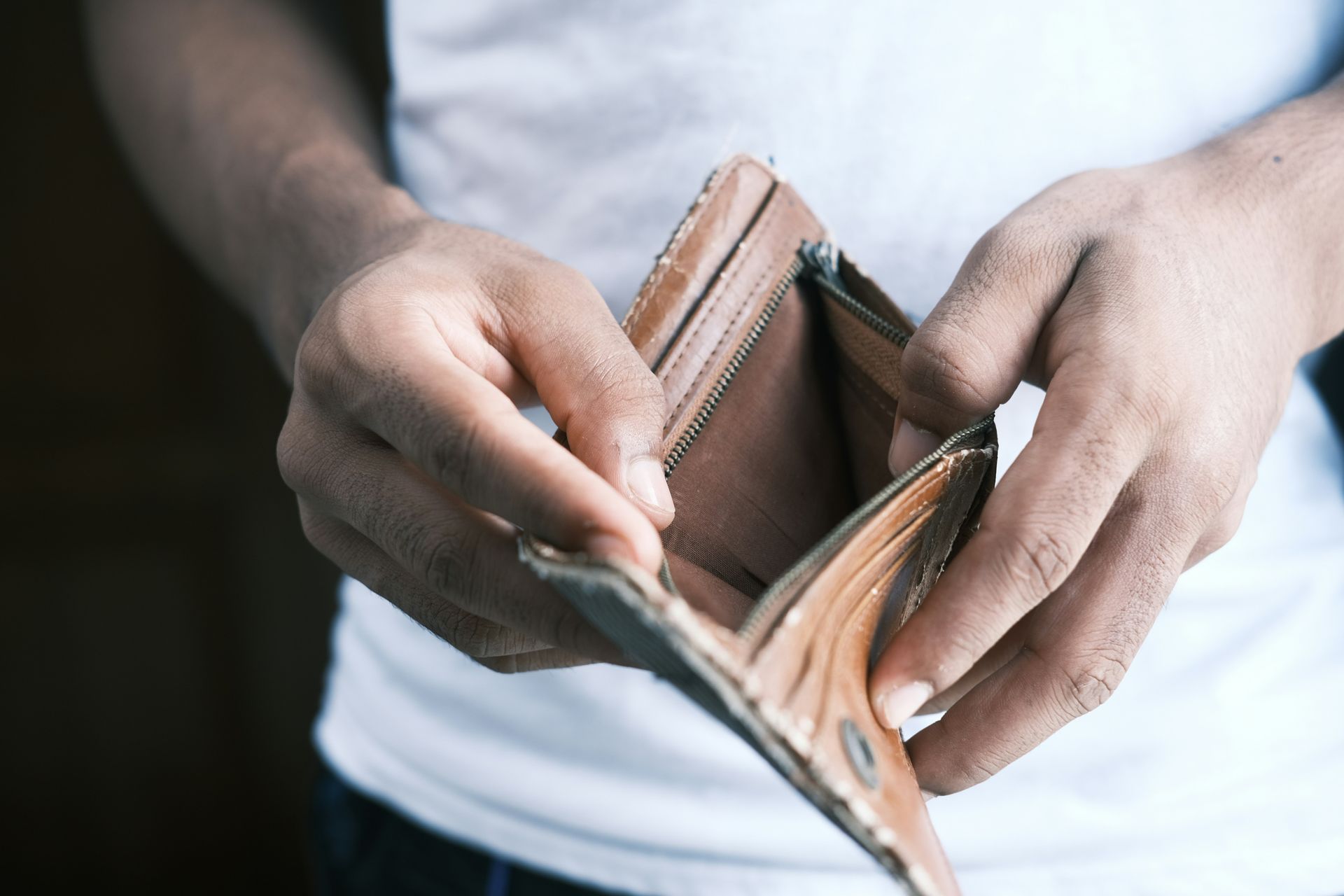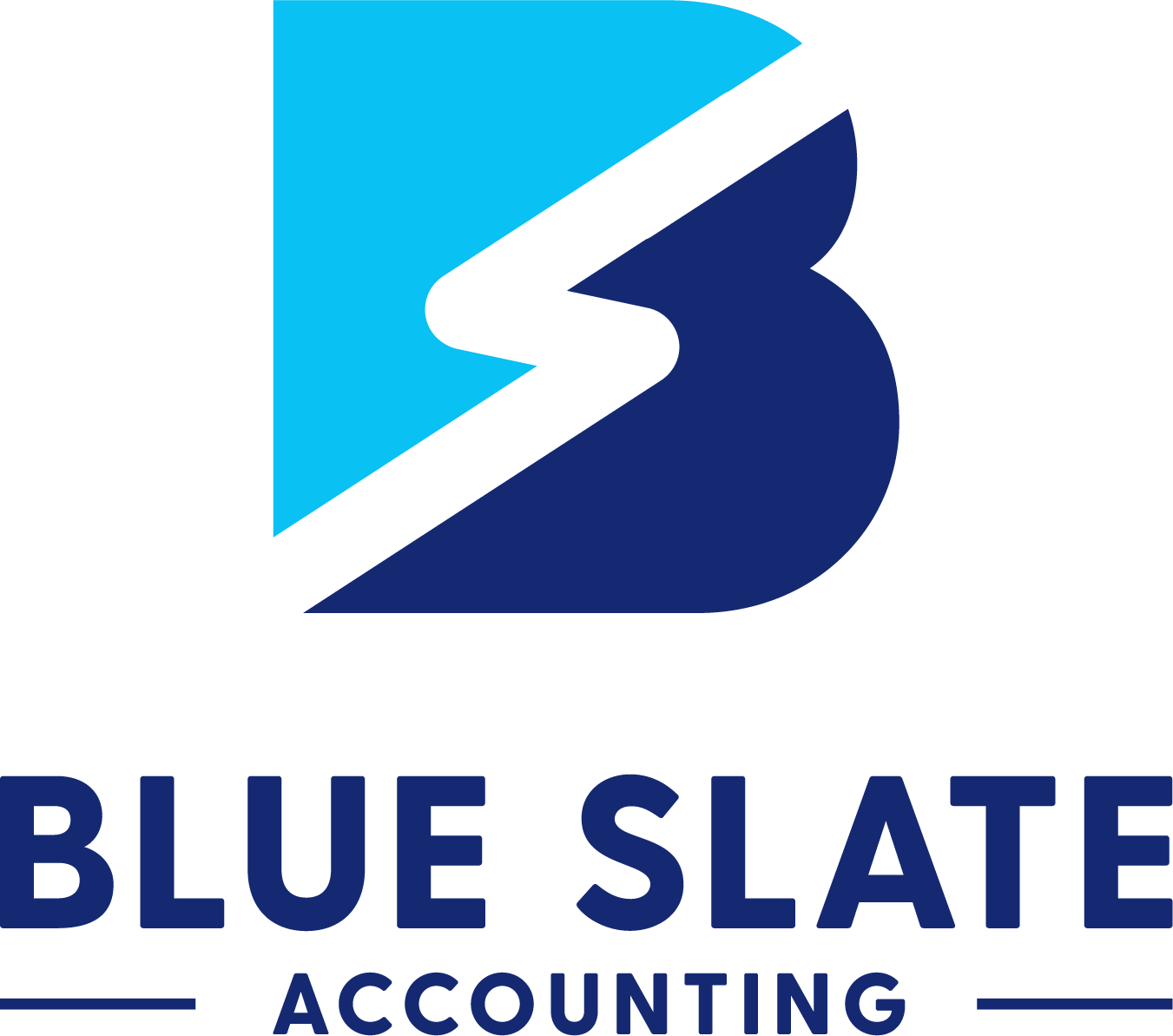Online Bank Balance…A False Sense of Security?
Business seems to flow 24/7. With social media and hundreds of emails flowing daily, we are being hit from all sides. It’s easy to pop on line in the middle of the night and pay bills. But could that practice be leading to unnecessary overdraft fees that can impact your budget?
Looking at an online balance can leave you thinking there’s more in your account than there actually is. Why does this happen? When deposits are made against other banks or that involve out of state checks, it may take a few days for all the checks to clear. Until then, that balance is not available for you to spend.
Debit cards will leave a trail of receipts in their wake. Many people use their debit card in lieu of cash. But all those swipes with some “do you want cash back” here and there can add up and can hit a checking account balance at one time. Without writing down debit card purchases, this practice can lead to less than desirable results. That $3.99 latte can end up costing you $40 with overdraft fees.
Keep in mind, that while electronic bill paying may be easier and more convenient, it isn’t always faster or cheaper. In fact, for those payees who aren’t set up to accept electronic payments, it may take considerably longer than if you were to send a check yourself. Because the check the bank sends to the payee on your behalf is not accompanied by your remittance slip, the payee typically treats the payment as an exception item, which can require several extra days to post. That means you need to plan your payments well in advance to avoid late fees.
If you write a hard check and mail it to a payee, the payee may not cash the check immediately and you need to account for time in the mail. Making sure your check register is balanced and up to date is a safer option than logging online multiple times a week to see what your balance is.
Overdraft fees vary according to your banking institution, but we’ve seen them range from $36 to $74 per bounced check. Not only does that subtract unnecessary monies from your account, but ultimately bounced checks can affect your credit score.
If you pay bills online, don’t use a public or shared computer such as a work computer. The smartest thing to do is to use a personal computer with your own password protected account. Also, it is recommended that you close your browser after doing any sort of banking online and log out of your computer.
Our best advice for consumers and business owners alike is to keep a balance in your check register of transactions including debit card purchases, hard checks, deposits and withdrawals. Review this balance against your bank’s online balance to ensure accuracy. Lastly, once a month balance your check book statement to catch any items that were missed.
